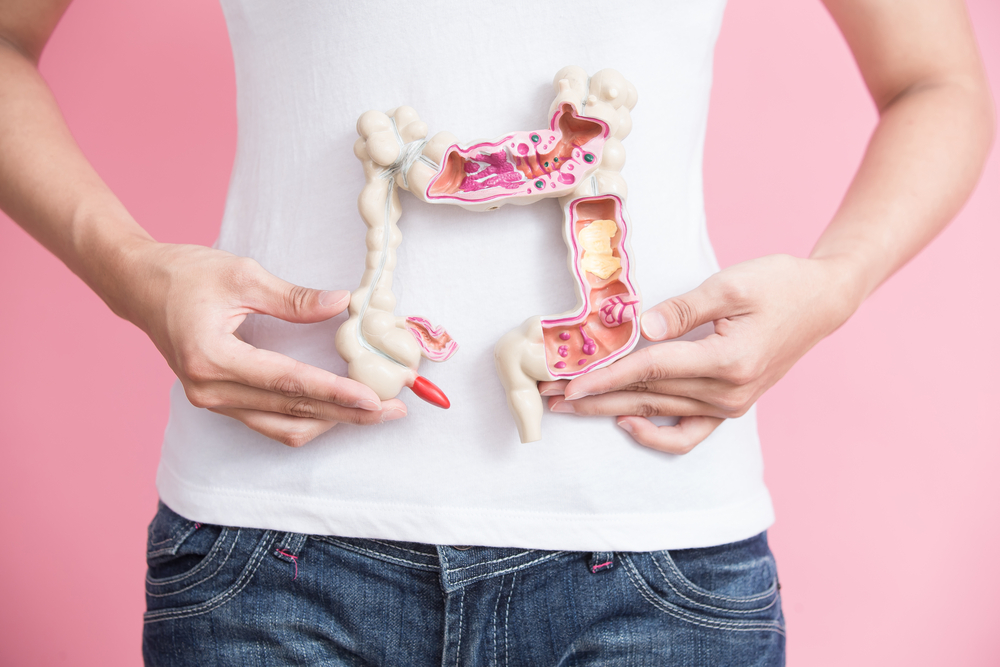Common Causes of Colon Polyps
A colon polyp is a harmless clump of cells that is formed on the lining of the colon. Even though they are harmless, they can develop and become cancerous in the later stages. Neoplastic and non-neoplastic are the two categories of polyps. Neoplastic polyps are comparatively larger polyps and have a higher risk of developing into polyp cancer. The non-neoplastic polyps include hyperplastic polyps, hamartomatous polyps, and inflammatory polyps. Whereas the neoplastic includes adenomas and serrated polyps.

Colon polyps do not have any major symptoms. Since colon polyps don’t have any symptoms, a screening test and undergoing tests such as colonoscopy become essential if you there is a history of colon polyps. If colon polyps are diagnosed in the early stages, they can be effectively removed.
The major causes of colon polyps are as follows:
Mutation
Even when there isn’t a need for new cells, the cells continue to divide because of the mutation in some genes. One of the major causes of colon polyps is this unregulated growth in the colon and rectum.
Inflammatory intestinal conditions
Another significant cause of colon polyp is the inflammatory intestinal problem. People who have inflammatory intestinal conditions like the Crohn’s disease or the ulcerative colitis are prone to the formation of colon polyps or cancer. Polyps can develop anywhere in the large intestine.
Hereditary disorders
Hereditary disorders such as Lynch syndrome, Familial adenomatous polyposis (FAP), Gardner’s syndrome, MYH-associated polyposis (MAP), Peutz-Jeghers syndrome and Serrated polyposis syndrome as well are some of the causes of colon polyps. If any close family members have these hereditary disorders, chances of developing colon polyps are higher.
Unhealthy living habits
Unhealthy practices such as alcohol consumption and smoking are amongst the frequent causes of colon polyps. People who are not physically fit and do not control their body weight are also prone to colon polyps.
The risk of colon polyps can be reduced by adopting a healthy lifestyle. Including healthy foods like fruits, vegetables and whole grains in the daily diet is helpful. Also, consumption of tobacco, alcohol, and fat must be reduced since these cause the formation of colon polyps. Consult a doctor about the consumption of calcium and vitamin D as studies show that these reduce the cause of colon polyps. It is better to have a genetic counseling if any family member has a history of colon polyps.




